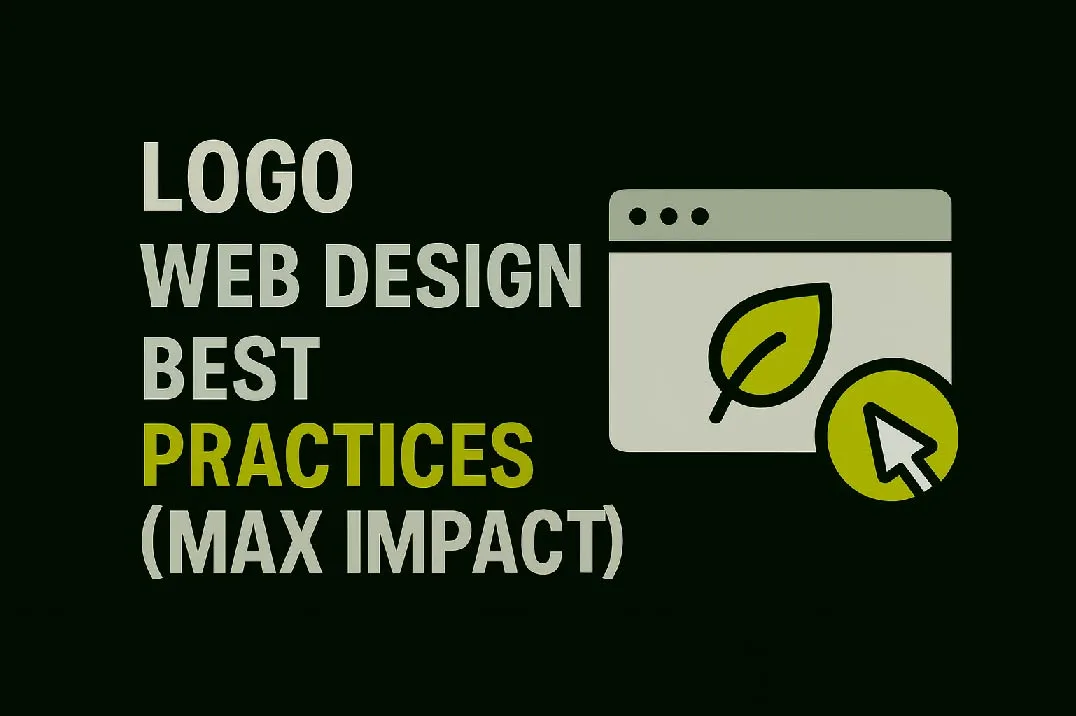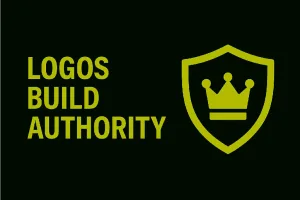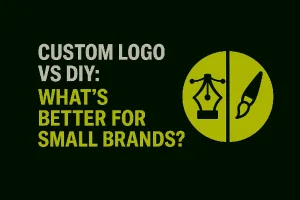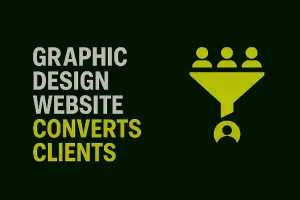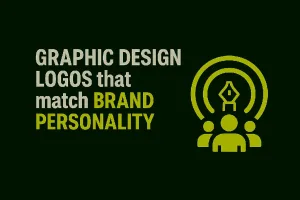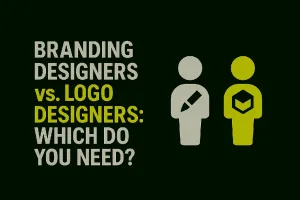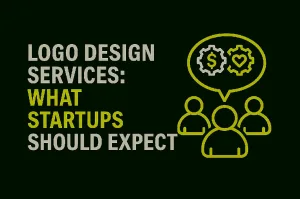Your logo plays a critical role on your website—it’s often the first thing visitors notice and sets the tone for the entire experience. But many businesses don’t optimize their logo for web use. To maximize impact, your website logo design must be clear, versatile, and strategically placed.A new logo is a major milestone for your business — but before you reveal it to the world, there are crucial steps to make sure the launch is smooth, impactful, and mistake-free.
A rushed launch can lead to confusion, inconsistent visuals, and wasted marketing spend. Use this checklist to ensure your new logo makes the best first impression possible.
1. Keep It Simple and Scalable
Complex logos may look great in large formats but lose clarity when resized for a website header or mobile device. The best website logos are simple, with clean lines and minimal detail, ensuring they scale without losing readability.
2. Choose the Right File Formats
Web-optimized formats matter. SVG files keep your logo sharp on all screen sizes without slowing load times. PNGs with transparent backgrounds are also essential for use in headers or overlays. Avoid heavy file types like TIFFs or large JPGs that impact performance.
3. Position Your Logo Strategically
Most websites place logos in the top left corner, where users naturally look first. This isn’t just design convention—it’s user behavior backed by studies. Ensure your logo also links back to the homepage, offering a simple way for users to navigate.
4. Consider Dark Mode and Variants
With dark mode rising in popularity, logos must work on both light and dark backgrounds. Have versions of your logo in full color, monochrome, and reversed colors so it adapts to any environment without losing identity.
5. Balance Branding With UX
Your logo should be prominent, but not overwhelming. Oversized logos can dominate a page and disrupt navigation. Aim for balance—your logo should guide recognition without distracting from calls-to-action or content.
Conclusion & Next Step
Your website logo design isn’t just about appearance—it’s about functionality, adaptability, and user experience. By following best practices, you ensure your logo builds trust and strengthens branding without slowing performance.
At LogoFarmer’s Studio, we design logos optimized for both web and print, ensuring your brand looks sharp and consistent everywhere.
Want a logo designed for maximum website impact?
Start Your Project Today →

